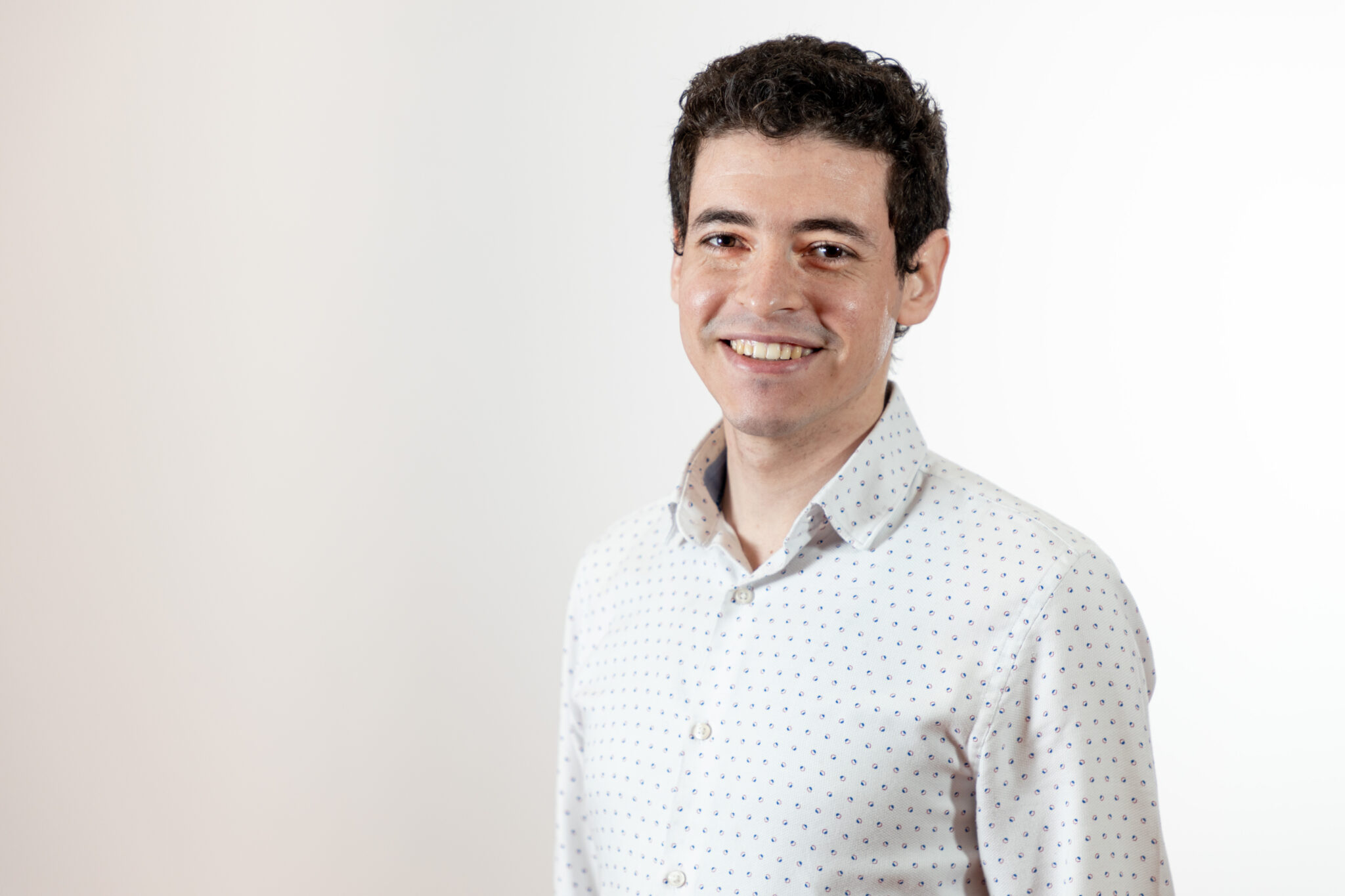The Doctoral School in Science and Engineering is happy to invite you to Ahmed MAHFOUZ’s defence entitled
Autonomous Guidance, Navigation and Control of Formations of Under-actuated Microsatellites
Supervisor: Prof Holger VOOS
Modern satellite missions increasingly rely on formations of smaller, cost-effective satellites working in coordination to achieve objectives traditionally handled by a single, complex spacecraft. This paradigm shift, driven by advancements in technology and the demand for robust and flexible systems, has underscored the need for innovative solutions to guidance, navigation, and control challenges specific to satellite formations. This thesis develops a comprehensive toolbox tailored to the Triton-X micro-satellite platform, enabling autonomous formation flying in low Earth orbit while addressing navigation and control challenges associated with underactuated propulsion systems and limited navigation capabilities.
In the navigation domain, this research focuses on the problem of relative navigation for widely separated satellites equipped with single-frequency global navigation satellite system receivers. An extended Kalman filter algorithm is developed, incorporating a bi-linear ionospheric model to mitigate ionospheric errors that can significantly degrade measurement accuracy over large inter-satellite distances. Additionally, a carefully selected set of state variables and observables optimizes the filter’s performance for the considered problem.
For the guidance layer, the satellite formation reconfiguration problem is formulated as a series of convex optimization problems, including quadratic programming, second-order cone programming, and linear programming formulations. These formulations balance fuel efficiency and computational feasibility while maintaining the same constraints. The minimum thrust constraint, stemming from the hardware limitations is approximated by an affine relaxation, for which an acceleration pruning algorithm is developed to enhance the problem’s feasibility. Furthermore, centralized guidance strategies are extended to distributed frameworks, addressing scalability issues for large satellite formations by achieving linear computational growth as the number of satellites increases.
The control strategies introduced in this thesis integrate the most efficient guidance solutions into two model predictive control frameworks: the shrinking-horizon model predictive control and the fixed-horizon model predictive control. These strategies enable closed-loop real-time operation, ensuring continuous adjustments to control inputs based on sensor feedback. The fixed-horizon strategy offers computational stability and simplicity, while the shrinking-horizon strategy excels in adapting to disturbance-rich environments.
Finally, the toolbox is extended to include absolute orbit maintenance capabilities using time-optimal maneuvers using formation flying techniques. A nonlinear programming-based model predictive control framework addresses the coupled dynamics of attitude and orbital control, enabling efficient maneuvering with thrust applied during attitude slews.
This work provides a robust and versatile guidance, navigation, and control solution for underactuated satellite formations, enabling autonomous, fuel-optimal operations for future missions in low Earth orbit.
